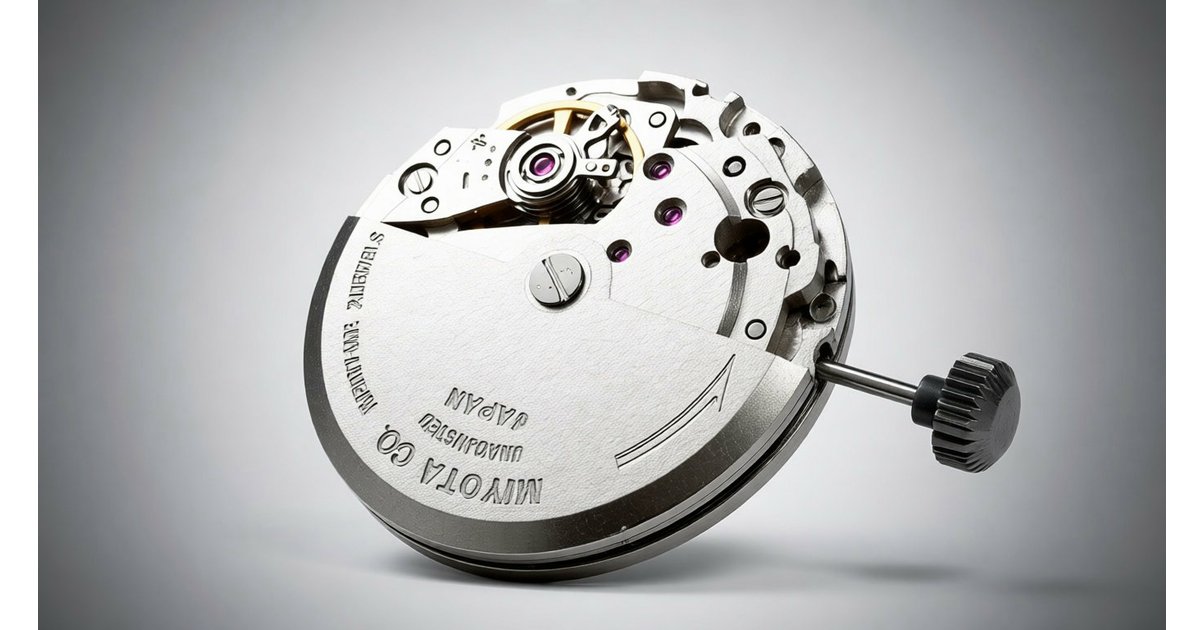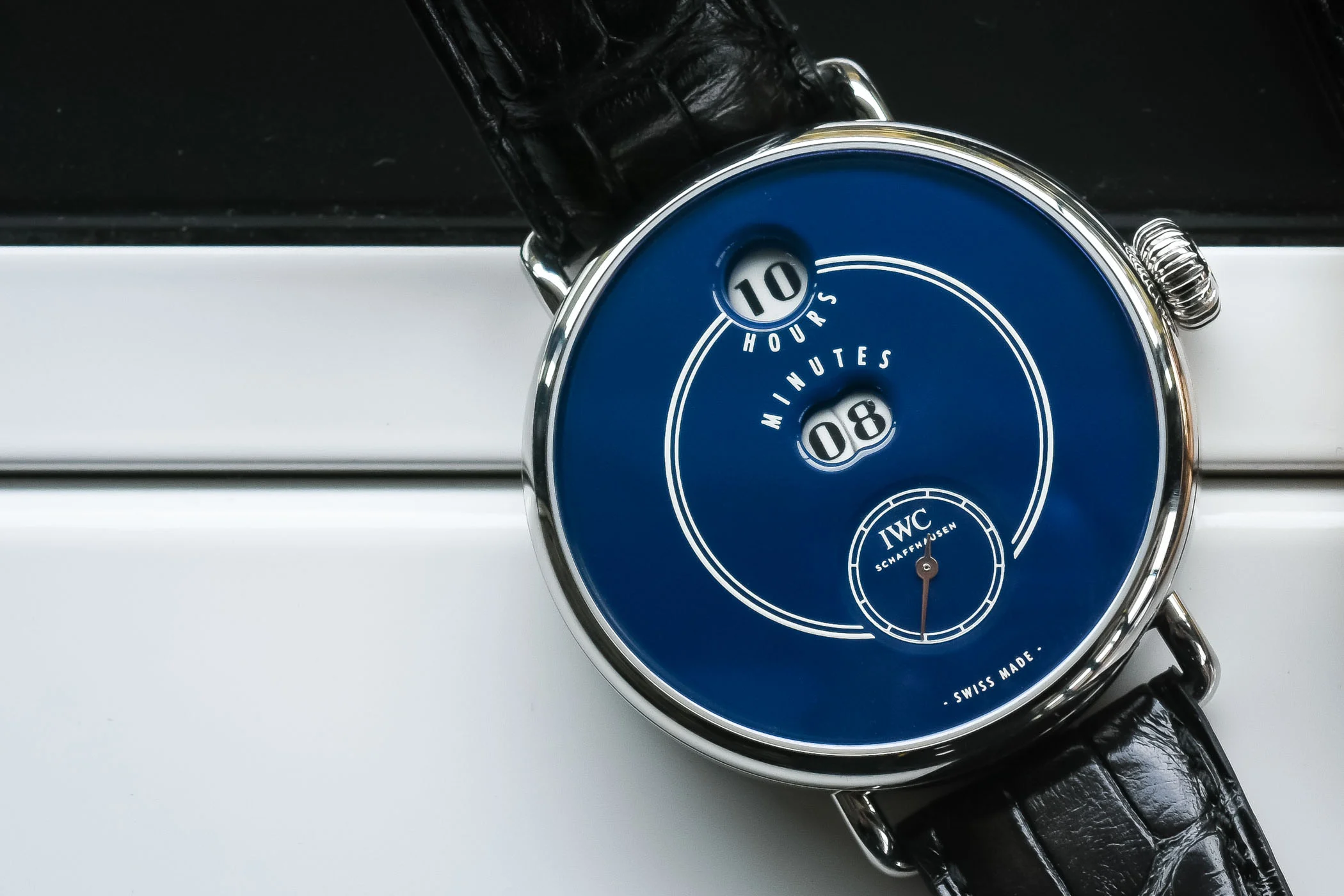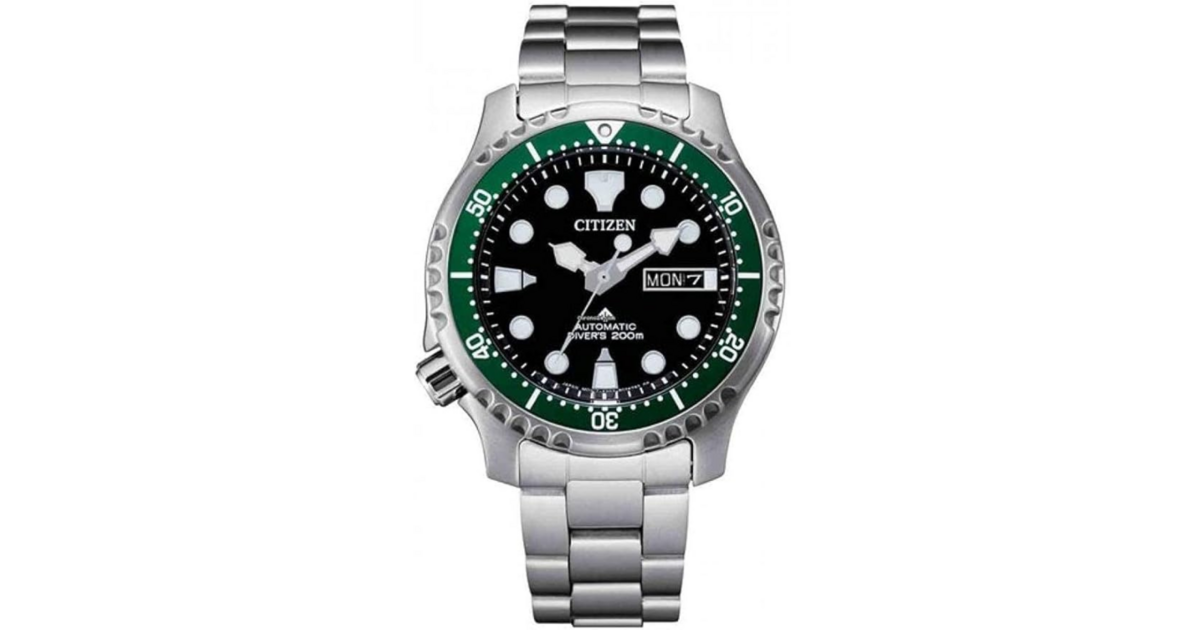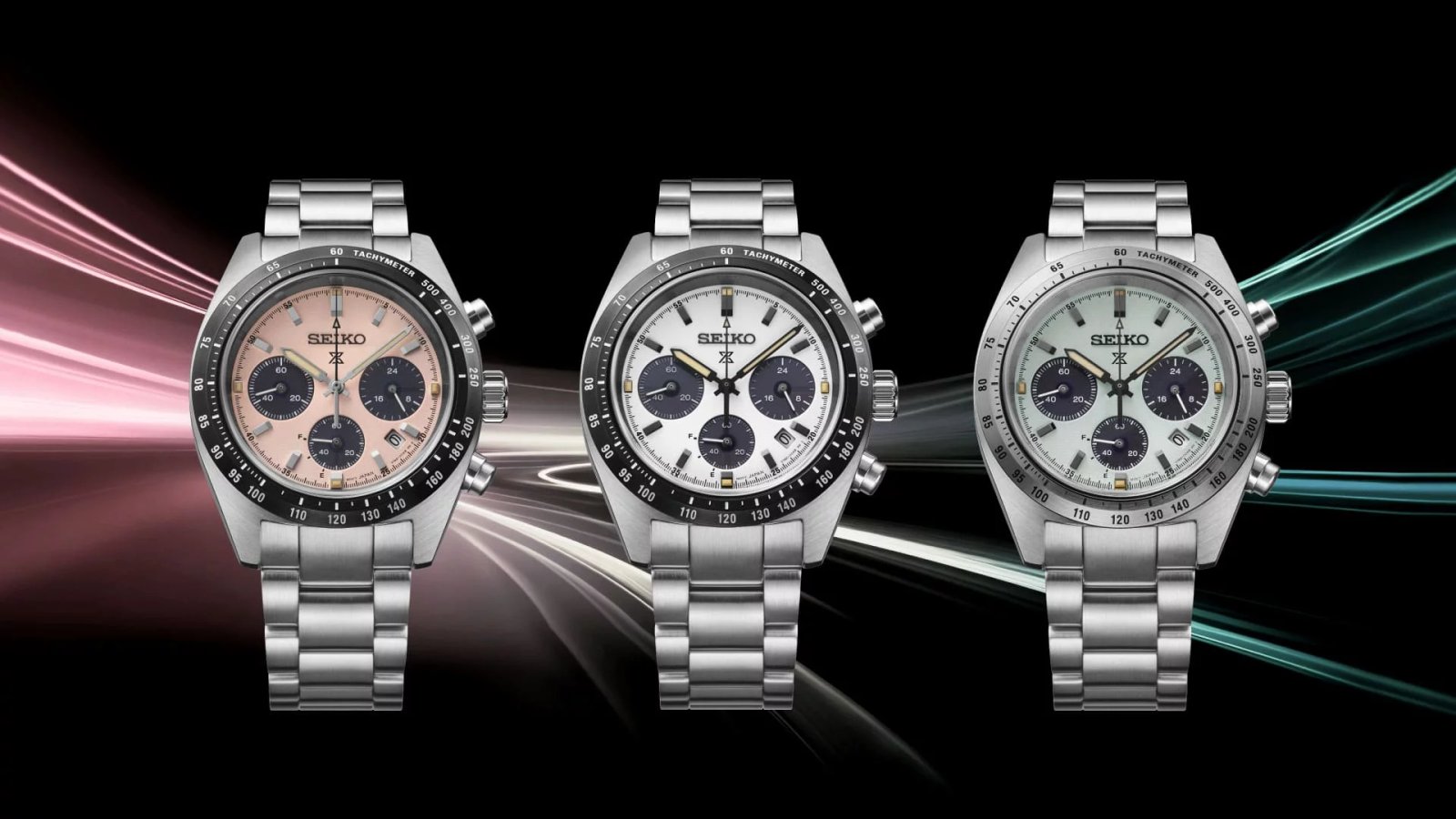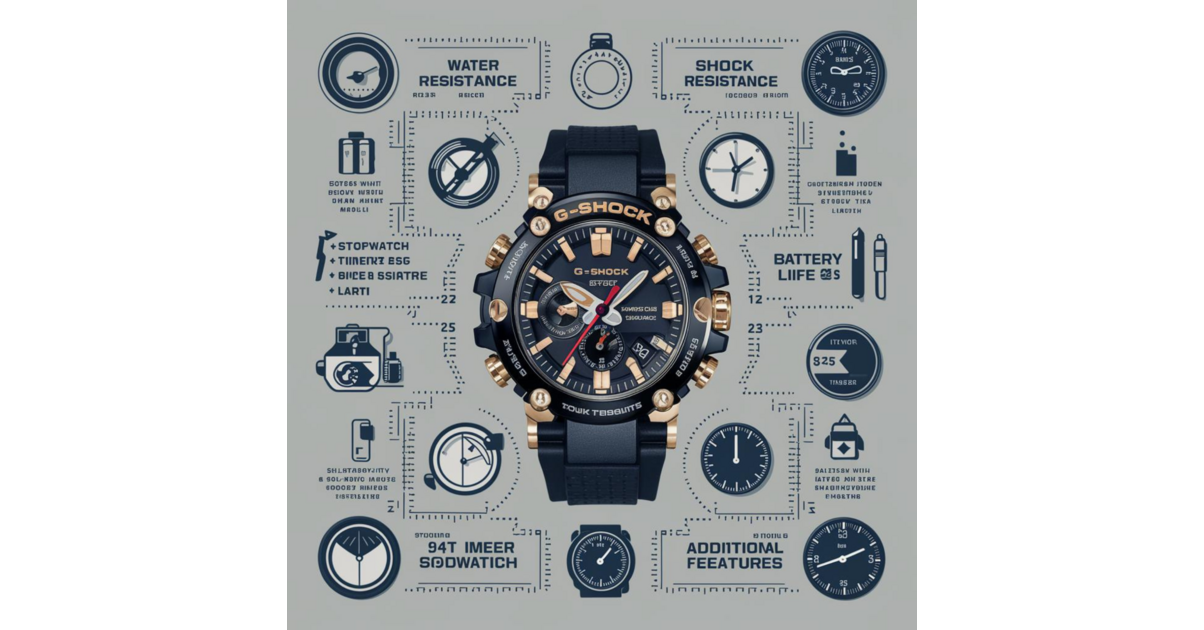For a long time the swiss were historically considered to be the best watchmakers but this narrative changed greatly during the mid 20th century had the japanese not proven their metal as skillful watchmaking people the swiss monopoly over the watchmaking industry would have been impossible to overthrow today watch lovers all across the world
Are in the market seeking either a swiss or japanese watch and often being indecisive about which watchmaker to settle for some of the most reputable watchmakers in the world today are swiss brands but does this make swiss watches any better than their japanese counterparts well hang on as we explore the watchmaking
Techniques and prowess of both watchmakers to see just how these two nations rose to the top of the watchmaking industry the swiss had the early advantage historically as they were the first indigenous people to master the art of watchmaking long before japan became a no name in the watchmaking industry switzerland was
Already widely reputed for its many watchmaking brands and the exquisite and top quality wristwatches that they manufactured one widely held belief is that any documentary on the history of wristwatches must necessarily start in switzerland and different swiss brands like rolex patek philippe and omega were already household names long before the
Japanese broke into the watchmaking scene in the mid-1950s while swiss watches have continued to maintain their long-standing reputation of being more luxurious than their japanese counterparts japanese timepieces since breaking into the industry have had and continue to keep their reputation of being more innovative for context aside from being the
Pioneers of quartz watches that nearly drove swiss mechanical watches into extinction in the 1950s and 60s the japanese completely revolutionized quartz watches making them comfier and light the world also has japanese watchmakers to thank for the invention of smaller and lighter watch batteries which were crucial to the creation of modern
Watches as we have them today sticking to age-long traditions swiss watchmakers declined to make quartz watches like the japanese did an event that saw japanese watchmakers ascend to the very summit of the watch industry and become a formidable competing force to the swiss the swiss continued to customarily make
Mechanical and automatic watches and had to adopt a massive marketing strategy to change their fortunes and become relevant within the industry once more but despite being competitors for many decades now both watchmakers have continued to maintain their unique watchmaking mechanisms design and quality and in a manner that makes a choice of watch
Amongst watch lovers for either of these brands largely a function of an occult following than being based on any of these distinct qualities swiss watches unlike their japanese counterparts have historically been made using a rather traditional abash mechanism this implies that the mechanism of swiss watches is typically created by independent manufacturers who
Are under contract with the swiss watchmaker as a rule of thumb these independent manufacturers must necessarily be located in switzerland and must be strictly compliant with swiss standards of production to put this in perspective swiss watches are only generically considered to be swiss if their movement
Is made in switzerland the use of the eboush method by swiss watchmakers gives all of their watches the great and uniform movements that have come to be one of the core distinguishing features of swiss brands the adoption of the ebolsh method has proven to be of great advantage to swiss watchmakers for a
Very long time aside from the precise movements that every swiss watch gets swiss brands are also able to devote ample time to their watch designs as well as improving the overall quality of other parts of their timepieces the method essentially allows them to focus on their core selling points and
Hone their skills in those areas more recently however some top luxury swiss brands done away with the eboush method in a quest to develop unique timepiece movements and mechanisms of their own now while this recent move by top swiss brands might appear to be a replication of the long-standing tradition of the
Japanese many underlying differences still exist that make both watchmakers still unique and distinct japanese watchmakers have always made their timepieces using in-house mechanisms that are engineered and anchored by the brands themselves they are invariably masters of making watches with in-house movements this long-standing approach of the japanese allows them to have a more
Cost-effective production budget for their timepieces which invariably makes japanese watches way less expensive than their swiss counterparts now while watch collectors and buyers might continue to argue as to which watchmaker has the best movement especially as nearly all top swiss brands have switched to using in-house movements there’s no argument about
Which watchmaker has more budget-friendly timepieces but will we begin to see affordable luxury swiss timepieces in the market soon the choice of a timepiece between these two brands of watchmakers is oftentimes largely dependent on the buyer and the kind of timepiece they want these plural factors have always made making a blanket
Statement as regards which is the better of both brands a rather subjective affair and one that makes whoever the assertion is coming from sound almost irresponsible among watch lovers in general one obvious reality however is that swiss brands have for some time appear to have been on a downward slope with
Regards to the precision of their movements in quality many watch experts have identified this as the major reason for the recent shift to in-house mechanisms by many top swiss brands ironically however these swiss watches have maintained their luxury status and even seen an appreciation in their retail prices
Japanese watches on the other hand have from inception marked the epitome of innovation as far as the craft of watchmaking is concerned aside from making all of their components in-house including even the lubricating oils and watch paints they have adopted very strict standards of quality control that ensure that every japanese watch comes
Out 100 flawless and highly reliable this dedication to quality has largely validated the popular saying that japanese timepieces are made for people who only value perfection so while swiss watchmakers have for long been more focused on aesthetics and craftsmanship the japanese have largely built their watches with precision and accuracy in
Mind to many watch buyers the japanese are widely believed to have lived up to these lofty goals that even their automatic timepieces are still as functional as they are affordable japanese watchmakers like seiko and miyota have especially made a name for themselves for making highly dependable timepieces that cost very little
Compared to swiss watches and likewise have high quality movement the whole watchmaking process for japanese timepieces has always revolved around efficiency and functionality unlike their swiss counterparts who are more invested in aesthetics japanese watches are built with precision and efficiency as the core goals and aesthetics only come as a secondary consideration
Japanese watches as such do not have any intricate cosmetic details or designs while japanese timepieces have traditionally been highly affordable watch collectors and buyers have over time come to acknowledge their high quality and reliability and dispel the thoughts of their being inferior to swiss watches for as long as human preferences exist
And our budgets vary the decision as to which of the two brands is better will continue to be a highly subjective one as far as monetary value is concerned swiss watches have always had a much higher value as they have historically been more expensive and prestigious
So if your preference as a buyer is to own a timepiece that would serve as a status symbol and a possible store of value swiss made watches are your best bet japanese timepieces on the other hand have historically been reputed to be high quality and reliable timepieces
That come at very low costs so if your target is a buyer or collector is to get a high quality watch that’s also budget friendly then a japanese timepiece like seiko would be just the perfect pick a common way by which watch buyers who have been able to decide on the better
Brand of both watchmakers has been to make a selection of a timepiece each from watchmakers of both origins they ensure that these watches fall within the same price range and have very similar level of complications then they go on to compare every aspect of the watches from the precision of
Their movements to the casing dial bezel strap design and aesthetics and everything there is to compare as will be expected quite as many people have settled for either watchmaker as the underlying biases of preference and individual budget ultimately play a huge role one popular perception that’s been fast
Gaining ground among watch lovers in this present era is that japanese watches are now much better and stronger and presently match the quality of swiss timepieces so for a lot of the younger generation affordability is key and many would confidently opt for having a japanese timepiece instead

